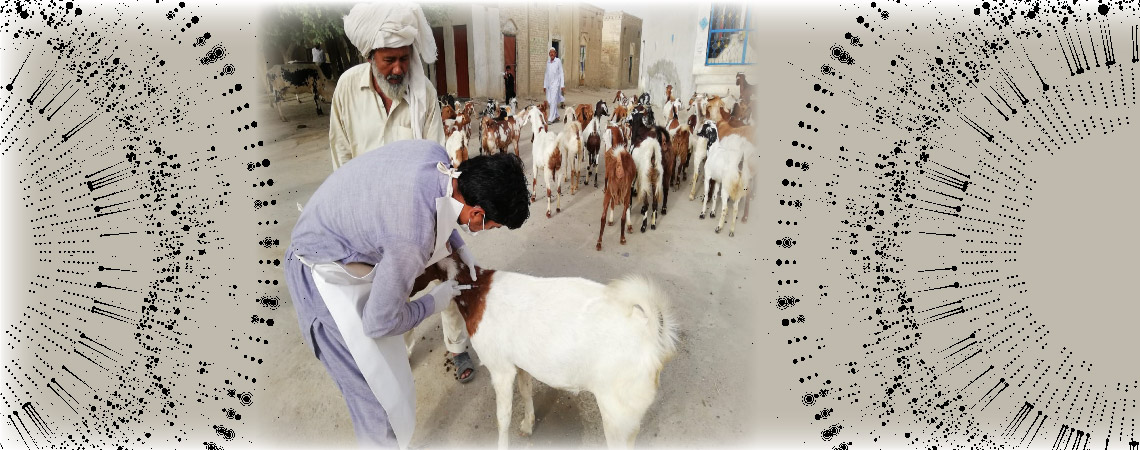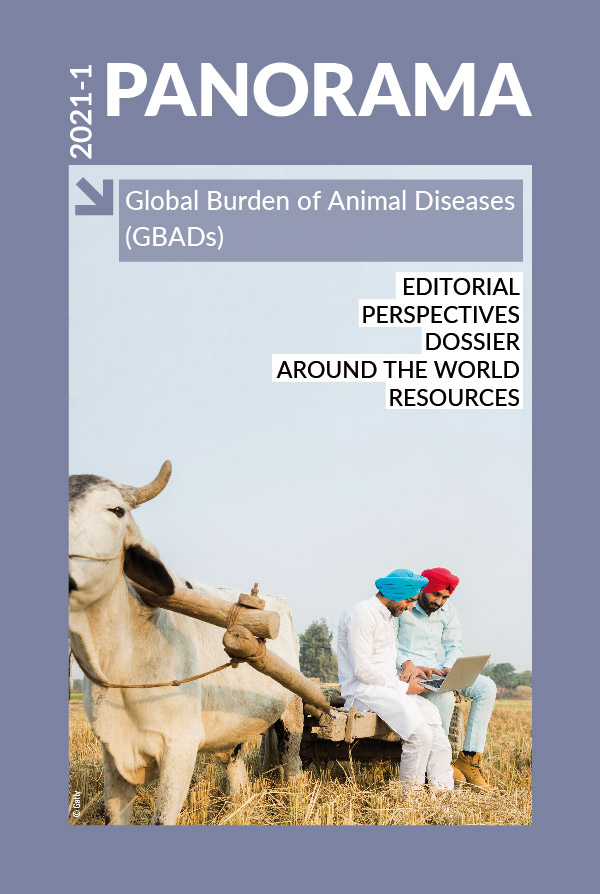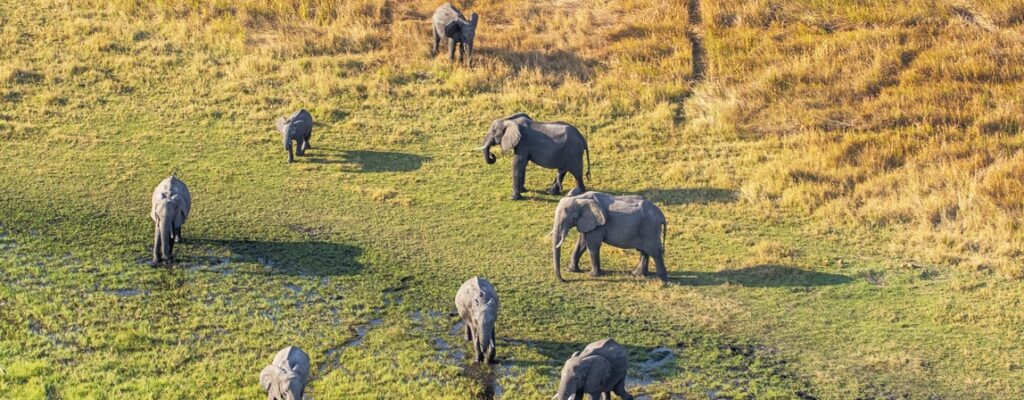Perspectives Posted on 2021-08-16 11:12:00
Opinions and strategies
Integrating private- and public-sector data for improved animal health investments
Keywords
Authors
K. Watkins (1)*, G. Spronk (2) & S. Cohen (3)
(1) Managing Member, FoodFirst, LLC, Indianapolis, IN, United States of America.
(2) Chair, Board of Directors, Pipestone Veterinary Services, Pipestone, MN, United States of America.
(3) Vice President, MTech Systems, Atlanta, GA, United States of America.
* Corresponding author: FoodFirstLLC@att.net
The designations and denominations employed and the presentation of the material in this article do not imply the expression of any opinion whatsoever on the part of the OIE concerning the legal status of any country, territory, city or area or of its authorities, or concerning the delimitation of its frontiers and boundaries.
The views expressed in this article are solely the responsibility of the author(s). The mention of specific companies or products of manufacturers, whether or not these have been patented, does not imply that these have been endorsed or recommended by the OIE in preference to others of a similar nature that are not mentioned.
Are we investing wisely?
While outbreaks of highly contagious diseases demand attention, these losses can pale in comparison to the economic, social and environmental burden of common diseases that degrade animal health and productivity every day. Trade-off decisions are continually made on when, where, and how to apply resources to ensure animal health. The most successful producers use field observations and standardised methods to make timely, data-based decisions on how to apply limited resources to achieve the best possible clinical outcomes and economic returns. But much of today’s animal disease information remains privatised and fragmented, and is not collected or analysed consistently enough to support timely action at the national or global level.
From guessing to knowing
Initiatives such as the Global Burden of Animal Diseases (GBADs) programme [1] can bring public and private data sets together and standardise cost–benefit analyses. Access to integrated data and standardised methods will lead to more equitable, evidence-based analysis that improves prioritisation, cost-effectiveness, and the delivery of animal disease investments, locally, nationally and globally.
Partnerships and programmes
In addition to this call for data integration and standardisation, the authors support the Food and Agriculture Organization of the United Nations (FAO) and World Organisation for Animal Health (OIE)’s position that public- and private-sector partnerships play an essential role in animal health and food animal production [2, 3, 4]. Cross-sector collaboration and GBADs can lead to a greater return on, and prioritisation of, investments to reduce the burden of animal diseases and speed up achievement of the United Nations Sustainable Development Goals. But, for the private sector to share data, GBADs must help producers with day-to-day operational management. If increased collaboration and GBADs help farmers, farmers will share more data.
https://doi.org/10.20506/bull.2021.1.3256
References
- Rushton J., Bruce M., Bellet C., Torgerson P., Shaw A., Marsh T., Pigott D., Stone M., Pinto J., Mesenhowski S. & Wood P. (2018). – Initiation of Global Burden of Animal Diseases Programme (GBADs). Lancet, 392 (10147), 538–540. https://doi.org/10.1016/S0140-6736(18)31472-7.
- Food and Agriculture Organization of the United Nations (FAO) (2013). – Public–private partnerships for animal health: Strengthening laboratories for local economies and food safety.
- Food and Agriculture Organization of the United Nations (FAO). – Public–private partnerships boost capacity and know-how in agriculture.
- World Organisation for Animal Health (OIE). – Public–private partnerships (PPPs) in the veterinary domain.












